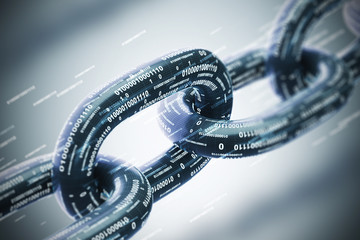How COVID-19 is changing the future of cyber resilience through remote working
One of the clear impacts of the COVID-19 pandemic is that it has forced many organizations to resort to remote work; and this could have an irreversible impact on future work practices - and cyber resilience. The COVID-19 crisis will undoubtedly have a lasting impact on the way most organizations operate, as work life and operational structures are forced to change dramatically. One of the most obvious changes brought about by the COVID-19 pandemic is the increase in remote work. This development, brought about by the need to reduce physical contact and the spread of infection between people, is likely to remain a feature of modern life even after the worst of the pandemic is over. A key reason for this changing dynamic is that COVID-19 has shown many companies the benefits of virtual online communications. In particular, many companies have seen how effective remote work can be, [...]










